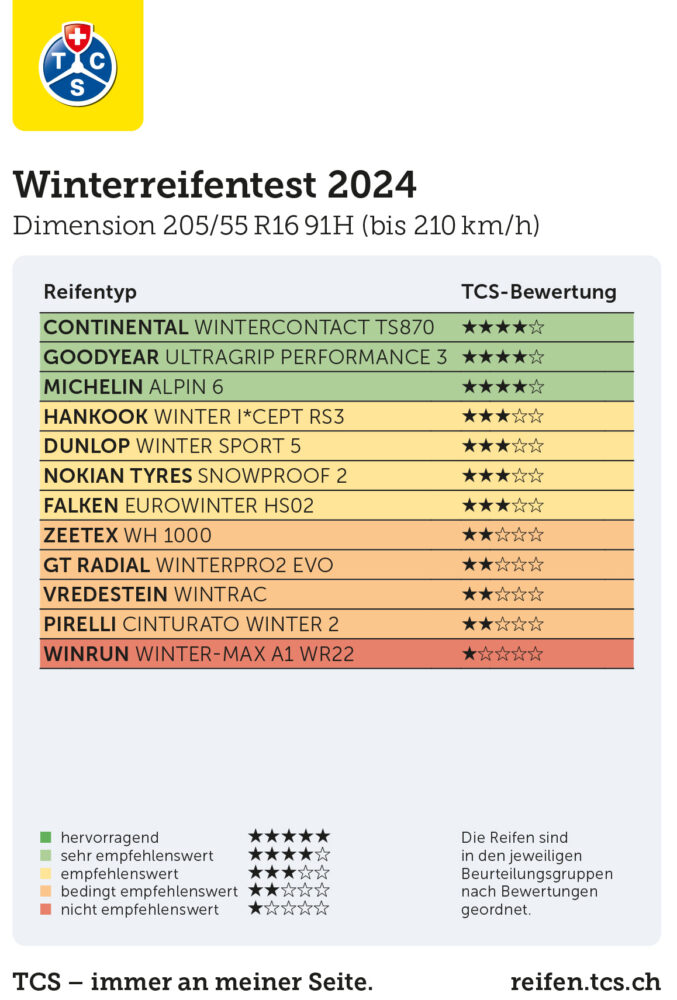TCS winter tire test 2024: Four tires fail
Be careful when buying winter tires, because not all of them were able to convince the experts from the Touring Club Switzerland. In terms of braking distances, they found a difference of up to seven meters between a good and a poorer tire!
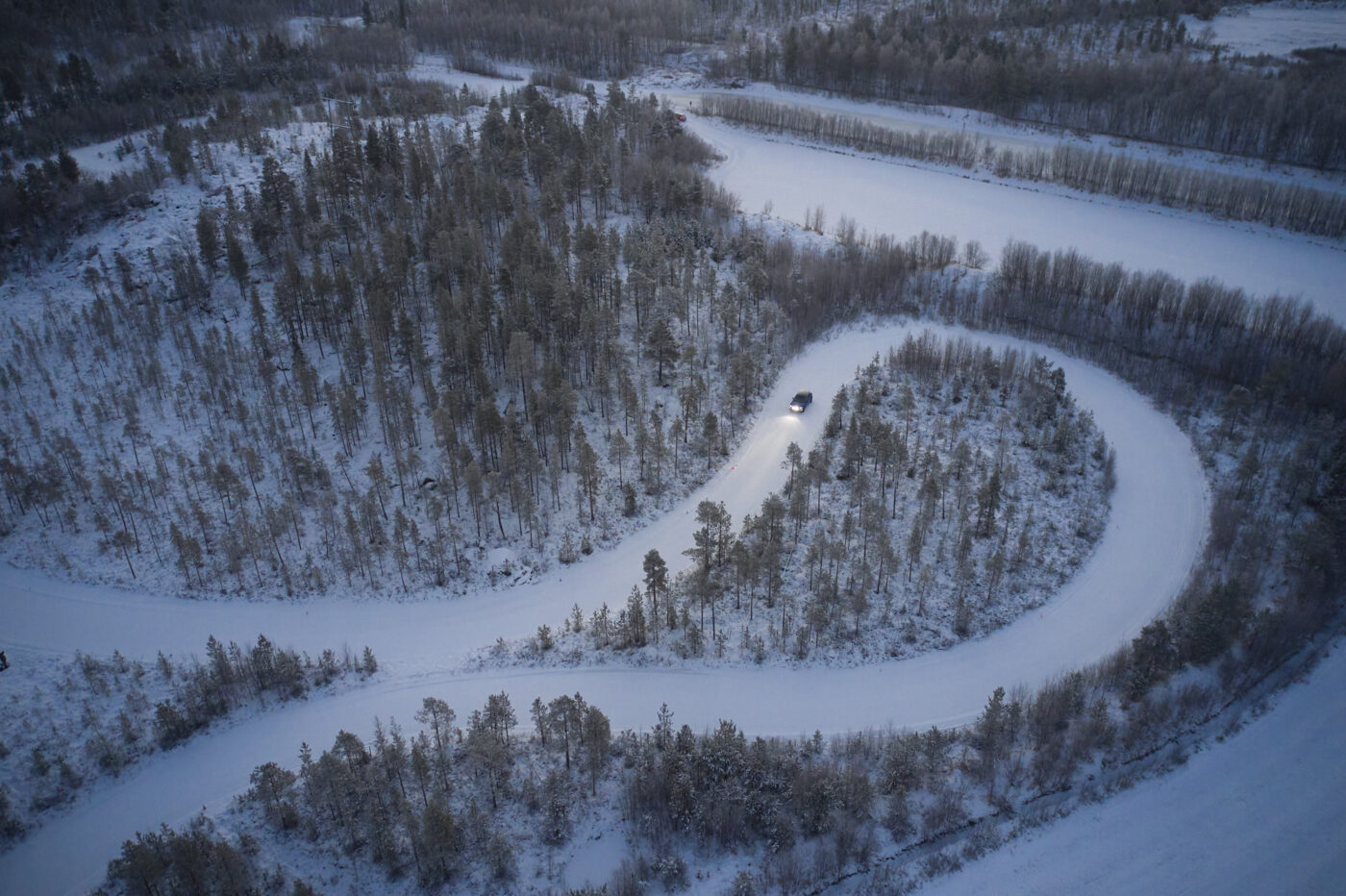
Snow, ice and low temperatures pose special challenges not only for the driver behind the wheel, but also for the tires fitted. Every year, the TCS winter tire test provides an important indicator of the quality of winter tires. This year, the Test & Technology department put a total of 28 winter tires in the dimensions 205/55 R16 91H and 215/55 R17 98V under the microscope. The individual tyres were assessed in no less than 19 different test criteria, divided into the main areas of "driving safety" and "environmental balance".
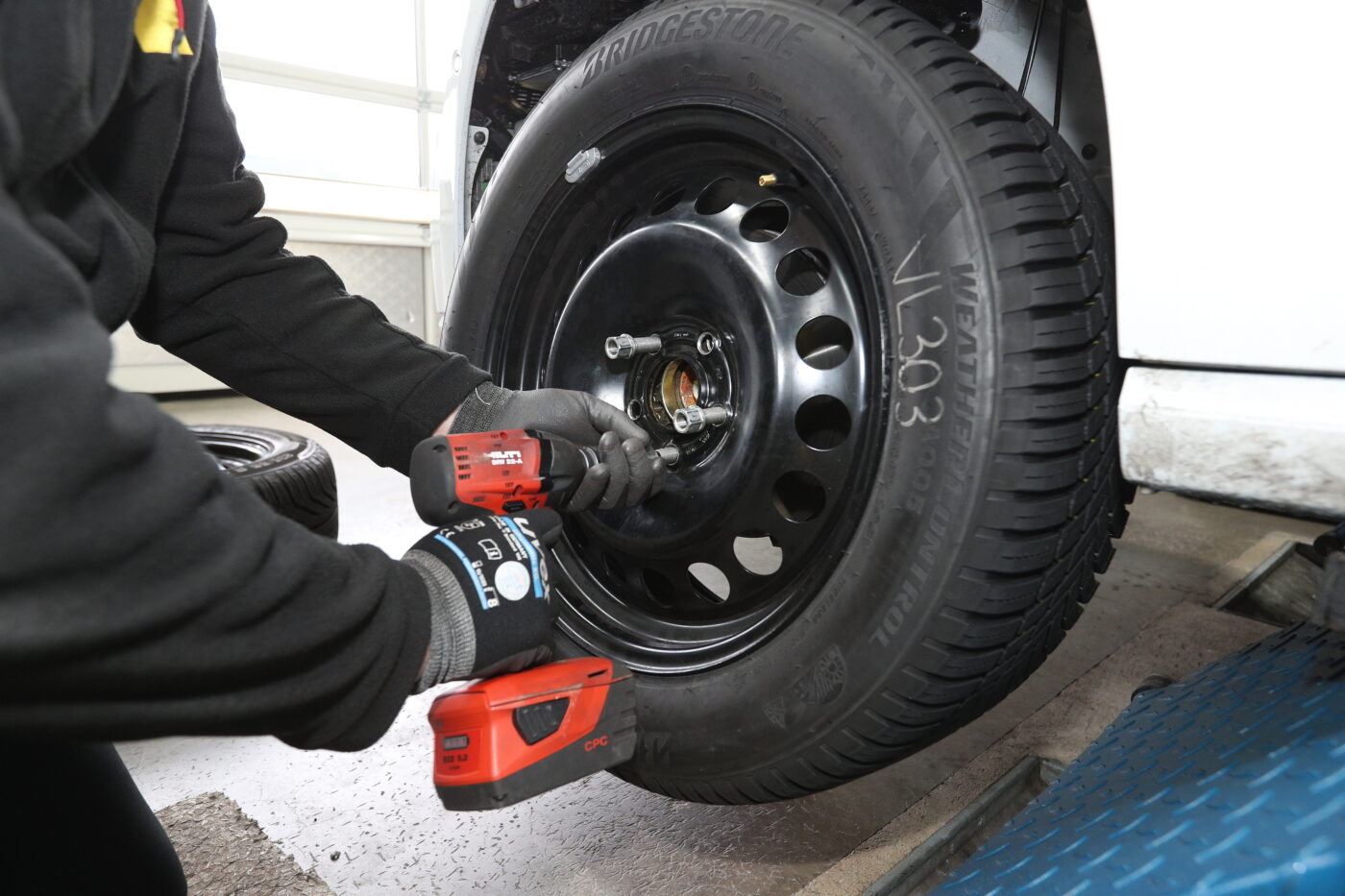
Seven meters more braking distance
In the current winter tire test, there was a whopping seven meters difference in braking distance between a good and a worse tire! The TCS experts led by Reto Blättler, project manager for tires at TCS, also noticed a particularly heavy tire weighing over twelve kilograms. "With such a heavy tire, fuel consumption is higher and driving comfort is poorer. In addition, it cannot be classified as sustainable in terms of disposal or recycling," says Blättler. The experts used a VW Golf 8 and a VW T-Roc as test vehicles. When it came to "driving safety", the tire professionals focused not only on dry and wet performance, but above all on properties on winter roads. Among other things, the tires were tested in a special ice braking hall, in which the temperature of the road surface can be varied, and evaluated on snowy and icy roads. In terms of "environmental balance", abrasion, efficiency, driving performance, noise and sustainability were assessed. This has once again resulted in comprehensive and independent test results for this season.
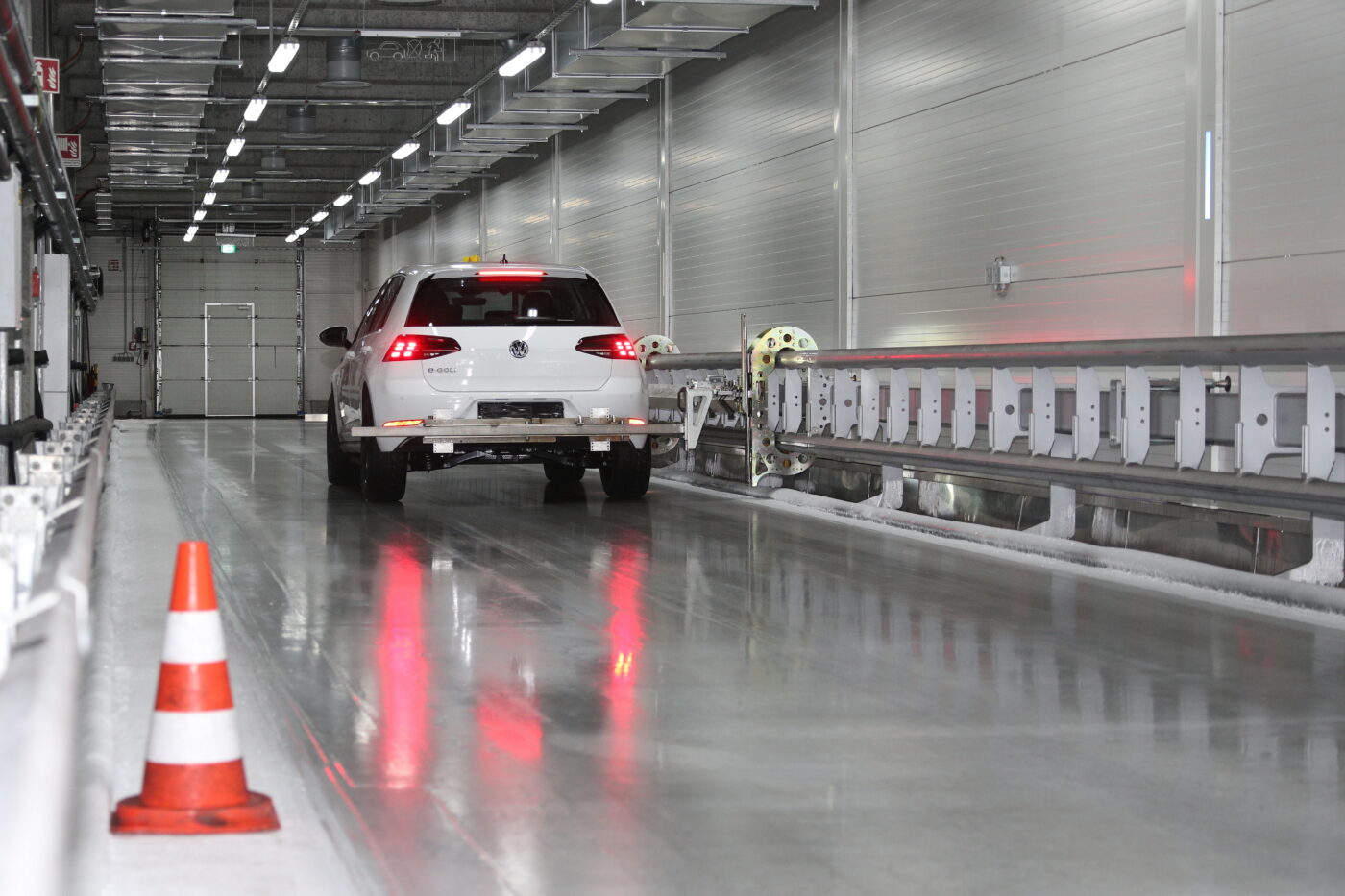
"Highly recommended" for three winter tires
215/55 R17 98V tires correspond to the best-selling winter tire dimension for SUVs in the lower mid-size class and are suitable for the Audi Q2, the VW T-Roc, Passat or Caddy, the DS Automobiles DS4, the Hyundai Kona, the Ford C-Max or Fokus, the Skoda Karoq or Superb, or the Toyota Avensis or Verso. The Goodyear "Ultragrip Performance 3" and Dunlop "Winter Sport 5" models top the table with the rating "highly recommended". They have good marks for both driving safety and environmental performance.
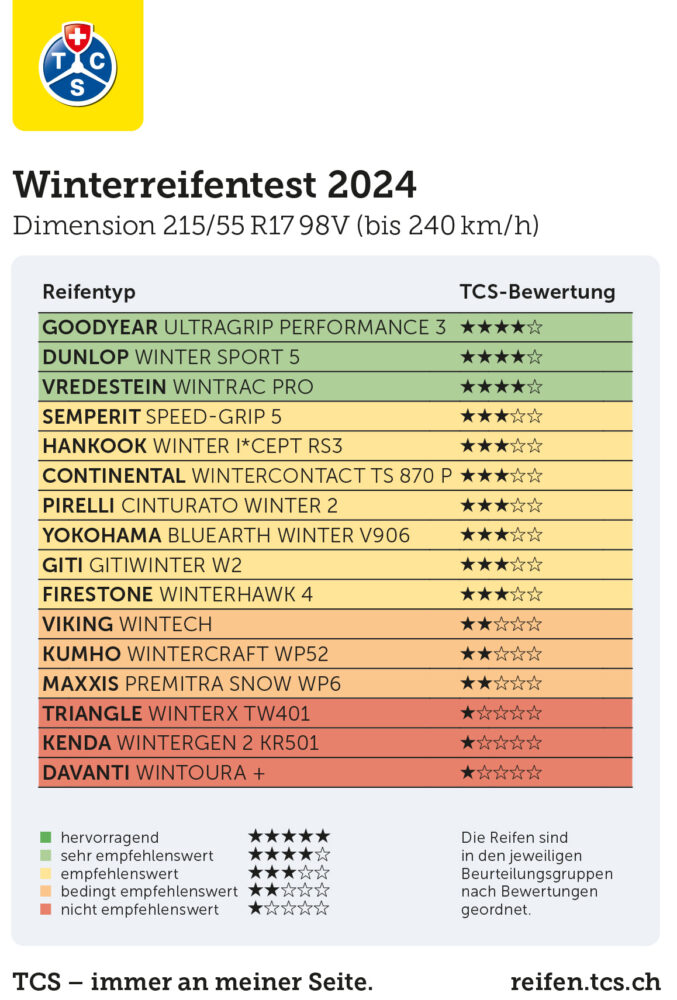
The Vredestein "Wintrac Pro" makes up for the slight weaknesses in the environmental balance with good driving safety and therefore also receives the rating "highly recommended". Ten other models are in the midfield of the test, seven with "recommended" and three with "conditionally recommended". The models Triangle "Winterx TW401", Kenda "Wintergen 2 KR501" and the Davanti "Wintoura +" bring up the rear due to their weaknesses in terms of driving safety, with the performance of Triangle and Davanti in particular being very poor on wet roads. They are rated as "not recommended" by the TCS.
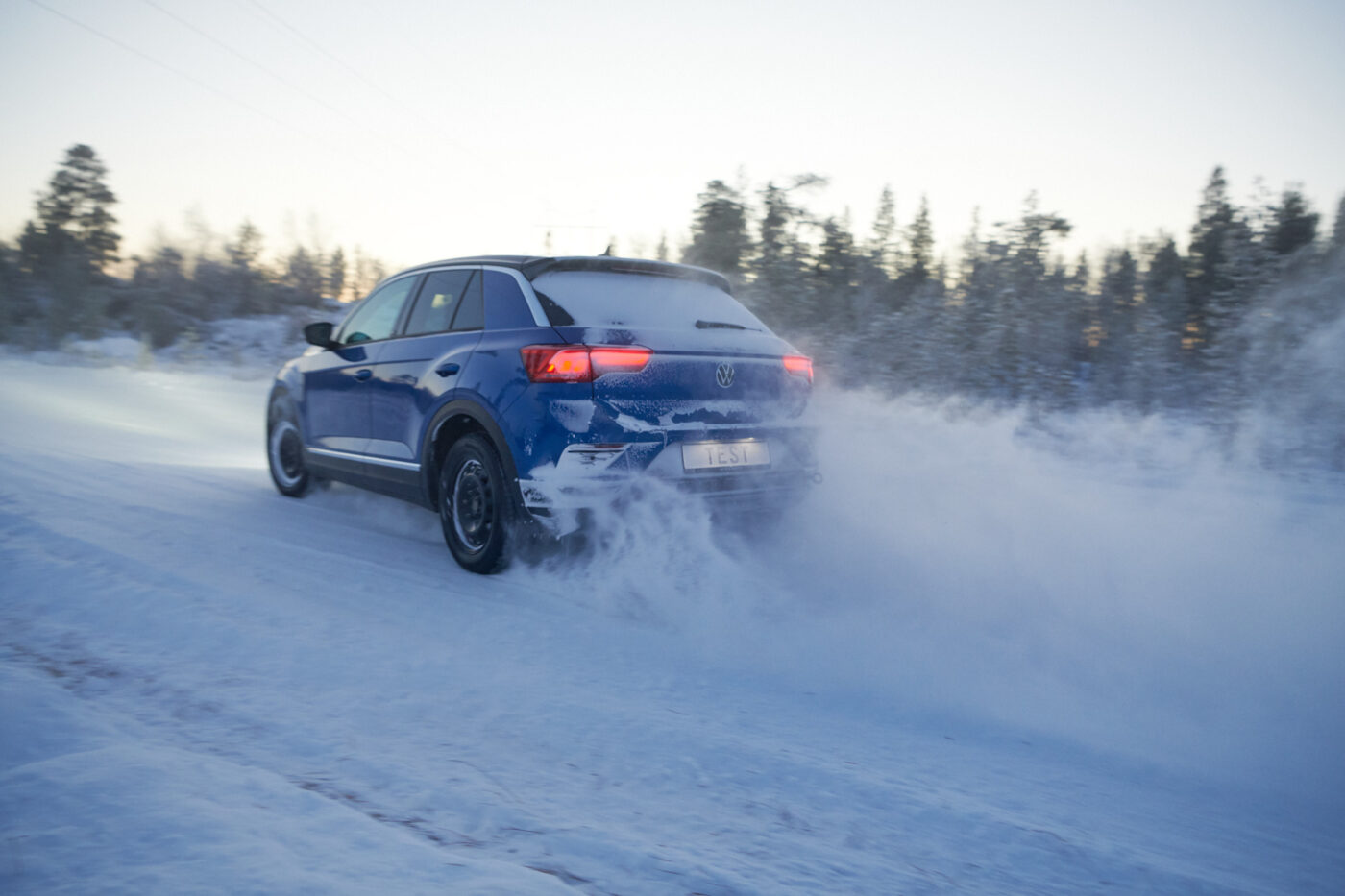
Another three with distinction "highly recommended"
In the 205/55 R16 91H dimension, which is the best-selling winter tire dimension for lower mid-range vehicles in this country, three tires also performed very well. They are therefore ideal for vehicles such as the VW Golf or Caddy, the Audi A3, the Citroen C3 or C4 Cactus, the Hyundai i30 or Ioniq, the Renault Mégane or Scénic, the Skoda Octavia or the Ford C-Max. The top three of the twelve tires tested and therefore "highly recommended" are the tires from Continental "WinterContact TS 870", Goodyear "UltraGrip Performance 3" and Michelin "Alpin 6". Four other models each scored "recommended" or "conditionally recommended". The Chinese Winrun "Wintermax A1 WR22" showed a significantly longer braking distance in the test on both wet and dry roads. Its performance in relation to the test field must be classified as poor, so that the TCS advises against this product.
